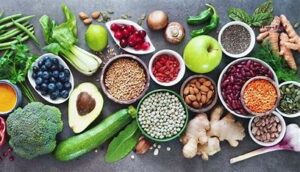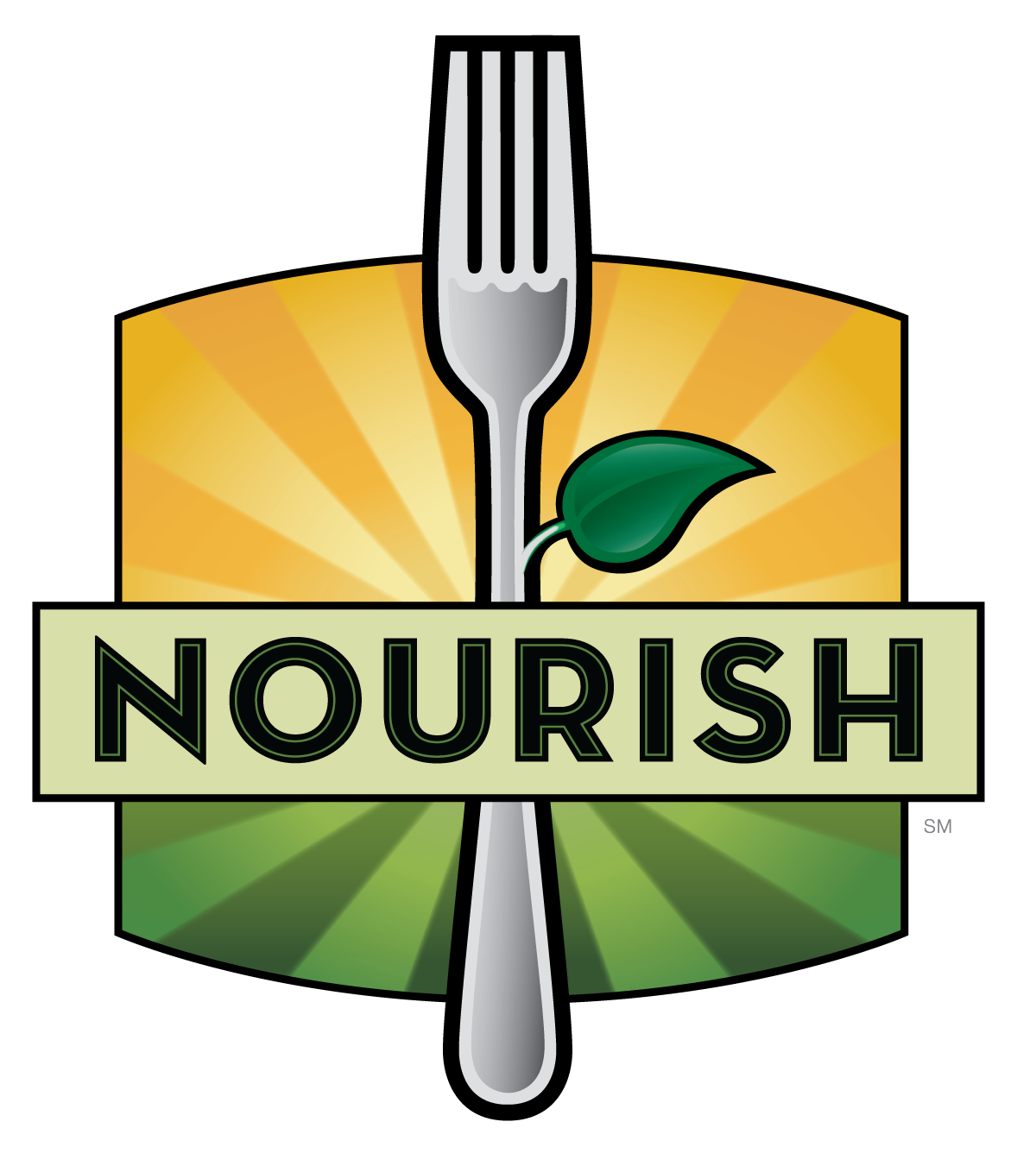Imagine standing in a sunlit kitchen, the heart of your home, surrounded by an array of colorful vegetables, whole grains, and fragrant herbs. Each ingredient whispering the story of its origin—a journey of nutrients ready to be transformed into a plate of vibrant health. The act of preparing food is a creative adventure, an alchemy of flavors and cultures, where old-world traditions can merge with cutting-edge nutrition to foster a lifestyle of vitality.
In this culinary quest, we often find ourselves in a dance between the cherished eating habits passed down through generations and the dynamic shifts of scientific discovery. How do we navigate this delicate balance to embrace the best of both worlds?
The key lies in the artful adaptation of these enduring traditions. Take, for instance, the Mediterranean diet, long revered for its association with long life and reduced risk of chronic disease. The secret isn’t an elusive superfood, but rather a pattern of eating that prioritizes plant-based meals, healthy fats like olive oil, and a cultural emphasis on enjoying food with family and friends.
 Building on this, we can incorporate modern nutritional insights. A simple swap can transform a hearty meal into a powerhouse of nourishment—such as using quinoa, an ancient grain rich in protein and fiber, in place of white rice. This not only enhances the dish’s nutritional profile but also introduces new textures and flavors.
Building on this, we can incorporate modern nutritional insights. A simple swap can transform a hearty meal into a powerhouse of nourishment—such as using quinoa, an ancient grain rich in protein and fiber, in place of white rice. This not only enhances the dish’s nutritional profile but also introduces new textures and flavors.
Another element is portion control, a concept that often gets lost amidst bountiful spreads. By honoring the body’s hunger cues and savoring each bite, we can indulge in all food groups without excess. It’s a practice rooted in mindfulness, giving our bodies only what they need to thrive.
Moreover, the latest trend of personalized nutrition offers a tailored approach to dietary requirements. By understanding our unique genetic makeup and lifestyle, it’s possible to craft a diet that optimizes our individual health. Whether it’s by incorporating specific nutrients to support gut health or adapting meal timings for better metabolic outcomes, the confluence of traditional eating habits with personalized nutrition can be a transformative force for well-being.
As our culinary voyage comes to an end, we’re reminded of the genuine pleasures that cooking and eating can bring—not just as a means of sustenance but as a practice of self-care and creativity. There’s a profound joy in crafting meals that are not only delicious but also nurturing to both body and mind.
Each dish we prepare is an ode to the past and a toast to the future. Our kitchens can become a place of innovation, where every meal is an experiment in taste and health. And as we continue to combine time-honored wisdom with modern nutritional science, we not only honor our heritage but also chart a course for a vibrant, healthful life. The future of our food is an exciting blend of flavor and function, a celebration that everyone is invited to savor.
So gather your ingredients, both old and new, and embark on this delicious journey where tradition meets innovation, and every bite is a step towards nourishing your body and soul.
